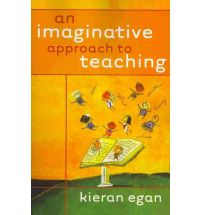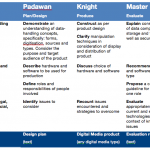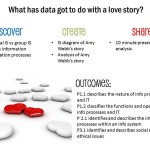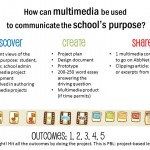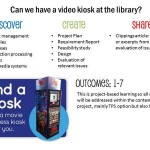
photo by: Bob Embleton [CC-BY-SA-2.0], via Wikimedia Commons
It’s often said that good teachers are learners. I believe this to be true. A more recent realisation is the difference between being a student vs. learner.
I’m a student again – started with my Masters in Special Ed. I am learning heaps, for sure but as a student, I’ve re-discovered the appeal of procrastination, the panic of sitting an exam, the need for discipline and rest. My blog tagline is – love to learn – and there is that…especially when I choose what to learn. As a student, I have to learn what has been set out for me to learn and while there are interesting bits, there sure are boring and tedious bits.
Being a student can be overwhelming, a feeling I don’t associate with being a learner.
Faced with so many things to do, it’s like you don’t know what to do anymore. Or worse, “you can’t do anything”, as one of my daughters articulated. As a parent, I’ve seen my daughters overwhelmed by schoolwork; granted, they have healthy extra-curricular commitments (by healthy, I mean they have enough but not too much, not out every day). It’s painful to watch particularly since I don’t recall ever feeling that way as a young student.
and so I wonder…
Are we expecting more from our students today? Do we expect them to learn something new every lesson, in all their lessons every day? Do they have opportunities to enjoy what they have learned before they have to learn something new again?
As a teacher, or parent, would you like to be a student again? now?
